Search Results
Showing results 321 to 340 of 580

Launch Altitude Tracker
Source Institutions
In this activity, learners construct hand-held altitude trackers. The device is a sighting tube with a marked water level that permits measurement of the inclination of the tube.
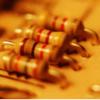
Using Ohm's Law to Build a Voltage Divider
Source Institutions
In this activity, learners apply Ohm’s Law to construct voltage divider circuits. Learners discover how to read resistor codes and calculate resistor values.
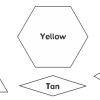
Fantastic Fractions
Source Institutions
In this math lesson, learners compare pattern blocks to visually understand halves, thirds, and sixths.
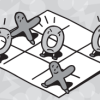
Toe-Tac-Tic
Source Institutions
In this activity, learners play a game similar to Tic-Tac-Toe. In this version, learners try NOT to get three-in-a-row. The player who gets three-in-a-row first loses!
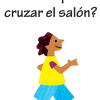
Momentos de Mixing in Math: Varias Actividades Matemáticas de 5 ó 10 Minutos
Source Institutions
Los Momentos de Mixing in Math son actividades de 5 a 10 minutos que mantienen a los chicos ocupados, aprendiendo sobre el mundo, y usando matemáticas por su cuenta.
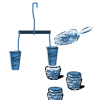
A Question of Balance
Source Institutions
In this activity, learners explore how engineers use scales and measures when designing a manufacturing process to ensure that final products are uniform in weight or count.
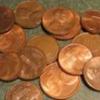
Can You Copperplate?
Source Institutions
In this activity, learners explore chemical engineering and how the processes of chemical plating and electroplating have impacted many industries.
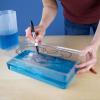
Exploring Earth: Rising Sea
Source Institutions
“Exploring Earth: Rising Sea” is a hands-on activity demonstrating ways to use topographical mapping techniques to track changes in sea level. The activity is connected to current NASA research.
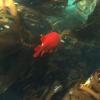
Design a Fish
Source Institutions
In this activity (page 2 of PDF under GPS: Alligator Habitat Activity), learners will study the adaptations different fish species have developed to survive in their habitats.
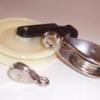
Pulleys and Force
Source Institutions
In this activity, learners explore the concept of force and how pulleys are used in everyday life to make work easier.
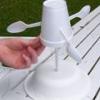
Measuring the Wind
Source Institutions
In this activity, learners explore how anemometers work to record wind speeds and how the equipment has undergone engineering adaptations over time.
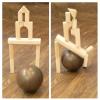
Block Bowling
Source Institutions
In this activity learners will build structures out of blocks and then roll balls to try to knock them down.

Coma Cluster of Galaxies
Source Institutions
In this activity, learners will first learn the basics of galaxy classification and grouping.
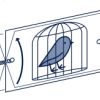
Motion Picture
Source Institutions
During this hands-on activity, learners are briefly exposed to moviemaking and animation, when they create their own thaumatropes.

Decoding Machine
Source Institutions
In this math lesson, learners explore variables and their uses.
Build a Bridge
Source Institutions
In this activity, learners use recycled materials to build a bridge that holds as many potatoes as possible. They investigate weight, height, strength, and measurement as they seek design solutions.
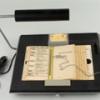
Cast Your Vote
Source Institutions
In this activity, learners explore how voting systems have changed with engineering advances over time. Learners work in teams to design their own voting system using easy to find materials.
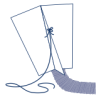
Go Fly a Kite
Source Institutions
In this hands-on activity, children create their own kites that can fly indoors. Learners are exposed to basic concepts of gravity and air resistance.

Adaptive Device Design
Source Institutions
In this activity, learners explore the concept of how engineering has made possible the development of--and ongoing improvements to--adaptive devices that serve to help individuals with a wide range o

Read Without Seeing
Source Institutions
Learners write a message in Braille using beans to form the patterns of dots. Learners glue beans in place, and then challenge another learner to read the message.
